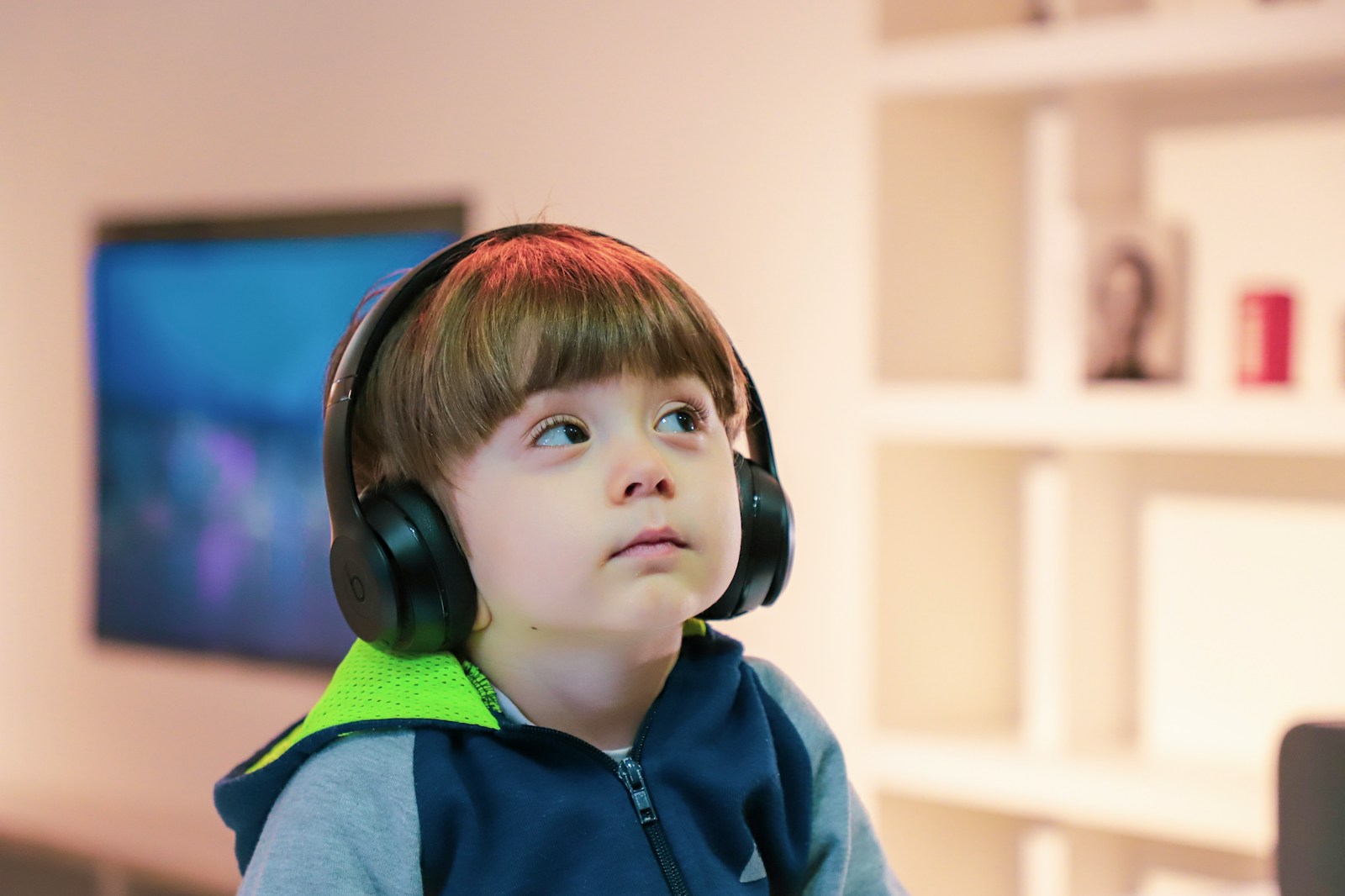Parenting or teaching a child with Pathological Demand Avoidance (PDA) can be an intricate journey, marked by unique challenges that require patience, understanding, and specialized strategies. Recognizing and addressing the most prevalent challenging behaviors in PDA children is crucial for effectively supporting their development and well-being.
1. Extreme Avoidance Tactics:
- PDA children exhibit an unparalleled aversion to demands and requests, often going to extraordinary lengths to evade compliance.
- They may engage in elaborate negotiation, distraction, or outright refusal to avoid tasks or situations perceived as demanding.
- This behavior can create significant disruptions in daily routines and activities, leading to frustration and tension for both the child and those around them.
2. Oppositional Defiance:
- Children with PDA frequently display oppositional behavior towards authority figures, including parents, teachers, and caregivers.
- They may resist following rules, instructions, or directions, often challenging the boundaries set by adults.
- This defiance is not necessarily driven by a desire to be defiant but rather by a need to assert control over their environment and maintain autonomy.
3. Difficulty with Flexibility and Adaptation:
- PDA children struggle with flexibility and adapting to changes in routine or plans.
- They may become highly anxious or distressed when faced with unexpected or unpredictable situations, leading to meltdowns or tantrums.
- Maintaining rigid routines and providing advance notice of changes can help mitigate this challenge, offering a sense of predictability and security for the child.
4. Social Communication Hurdles:
- Despite possessing adequate language skills, PDA children often encounter difficulties in social communication.
- They may struggle to understand and interpret social cues, leading to misunderstandings and social awkwardness.
- Building and maintaining relationships can be particularly challenging, as PDA children may have trouble empathizing or recognizing the perspectives of others.
5. Manipulative Strategies:
- PDA children may employ manipulative tactics as a means of avoiding demands and gaining control over situations.
- They may use charm, persuasion, or even aggression to manipulate others into accommodating their preferences.
- While these strategies may appear adaptive in the short term, they can hinder the development of genuine social skills and relationships.
Addressing these challenging behaviors in PDA children requires a multifaceted approach that emphasizes flexibility, empathy, and collaboration. Strategies such as reducing demands, providing choices, and fostering a supportive environment can help mitigate these challenges and promote positive outcomes for PDA children. Additionally, seeking support from professionals experienced in working with individuals with PDA can provide invaluable guidance and resources for families and educators navigating this complex journey. With patience, understanding, and targeted interventions, it’s possible to support the growth and development of children with Pathological Demand Avoidance, enabling them to thrive and reach their full potential.




